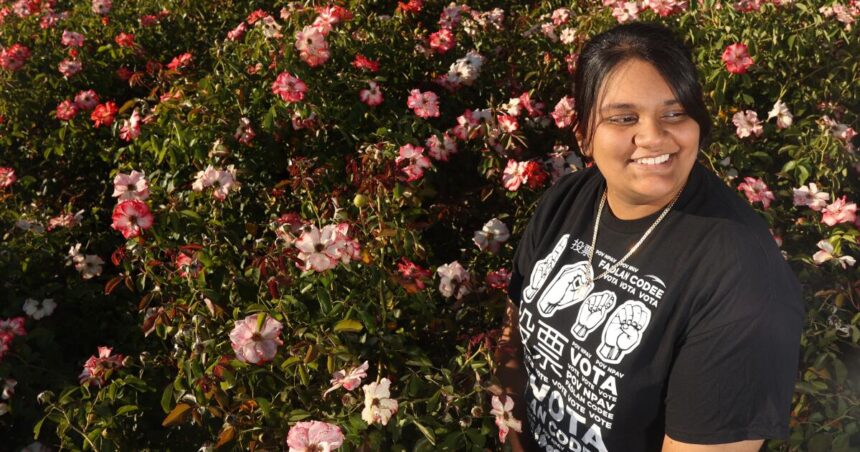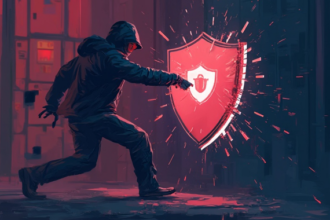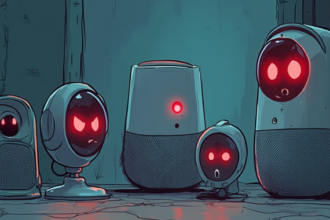As I grew up, I realized that children are products of their environment. So let me tell you a little bit about my children. I grew up in Secaucus, New Jersey, a town known as the “Jewel of the Meadowlands.” My hometown is suburban and sits within the Meadowlands, a large ecosystem of wetlands with the Hackensack River running through it. But with runoff from out-of-town hog farms and debris from aging New York train stations dumped in the area, the Meadowlands became a jewel in need of polishing.
Secaucus is working to restore its natural wetlands by making them protected areas to prevent apartment buildings from building up and starting to sink in a few years, as has happened in the past. As the town becomes more environmentally conscious and I live in that environment, I have done the same.
During high school, I worked for Secaucus Environmental Agency for over three years as part of the Next Generation Community Leaders (NGCL) program created by the Lindsay Meyer Teen Institute. I had no idea at the time how much of an impact this experience would have on my life. During that time, I learned about climate change, the planet’s environmental issues, and the actions we can take to reduce our environmental footprint. I helped implement a plastic bag and Styrofoam ban, designed a food waste composting system at my high school and in a local garden, and created a PSA on eco-friendly living. I engaged residents to promote eco-friendly living and taught them how to compost at home.
I have also certified local businesses as “green” depending on whether they follow practices set forth by the Sustainable Jersey Network. These practices include recycling, reducing food waste, not using Styrofoam, etc. My contributions to the environmental category have led to Secaucus being recognized as a Silver Certified Community.
That experience showed me how community action can make a difference. By educating the residents of Secaucus, we were able to change their behavior, even if only subtly, to be more environmentally conscious. They started growing produce in community gardens, composting at home, and using fewer plastic bags. I saw firsthand how humans, who are responsible for damaging the Earth, could make changes to repair it and make it better for future generations. From that day on, I accepted that responsibility.
To be honest, I don’t know the status of the project I worked on in Secaucus. I hope that residents continue to compost at home and that businesses continue to be environmentally conscious.
I began learning about sustainability at USC, majoring in Industrial Systems Engineering and minoring in Law and Public Policy. Although these are not fields directly related to the climate ecosphere, my work at Secaucus has made me realize that systems thinking and policy knowledge can be powerful tools to effect change in both government and the private sector in advocating for sustainability solutions at scale. With the opportunities offered by USC, I realized I could get involved in conservation and sustainability without majoring in environmental science.
If you had asked Alyssa as a freshman what her ultimate career goal was, she would have answered, “To foster systemic change within bureaucracy through environmental and climate protection policies and increase sustainability awareness in society.” I wrote this on an index card and carried it in my backpack throughout college as a constant reminder of my goal, because being an environmentalist can be a bit depressing, especially in our current climate.
Since then, I think I have made Alyssa proud as a freshman. I have been accepted into the USC Student Sustainability Committee and become a mentor to new members. The SSC serves as the student body’s representative within the President’s Working Group on Sustainability. We are working on projects like introducing reusable take-out containers to dining halls, ensuring ongoing campus construction follows environmentally responsible practices, and creating a central physical space where students interested in sustainability can gather.
As a member of the SSC, I worked to ensure that sustainability became a standard educational practice at USC and that student behavior changed toward respecting the environment. I continued my education at USC with a Master’s in Sustainable Engineering and my focus on sustainability earned me the title of National Academy of Engineering Grand Challenge Scholar.
My environmental activism culminated in me serving as the Los Angeles County Youth Climate Commissioner, the world’s first environmental organization. We surveyed young people in Los Angeles County and found that their top environmental priorities were clean air, green spaces, and green buildings.
Currently, as a member of the Legislative Committee, I track all federal and state actions related to these priorities and report back to the County Board of Supervisors so they can make a decision on whether to amend, support, or veto the bill. We are actively working to support a bill currently pending in the U.S. Senate that aims to create opportunities for young people to be involved in policy making to ensure a healthy environment for their future and future generations.
Children are products of their environment, so we should help future generations live in a good environment. The environment is constantly changing due to global warming, and only by working today to make the world sustainable will future generations have a chance. Instead of forcing future generations to survive in ways that correct the environmental mistakes we make today, we should give future generations the opportunity to live without suffering the negative effects of the past.
I saw the negative effects of mistreating the environment in my hometown, and I want to make sure future generations don’t have to suffer as a result of what we do. With a sustainability mindset, local change can influence politicians to create the systemic changes needed to control the biggest offenders. One of the key steps is behavioral change, which can start locally and can be done by people like me who are not trained in the environmental field.
Alyssa Japersaud graduated with a Bachelor of Science in Industrial Systems Engineering and a minor in Law and Public Policy. At U.S.C. She is also completing a Masters of Science in Sustainable Engineering, with the goal of working full time in the sustainability industry as a consultant or practicing engineer.









